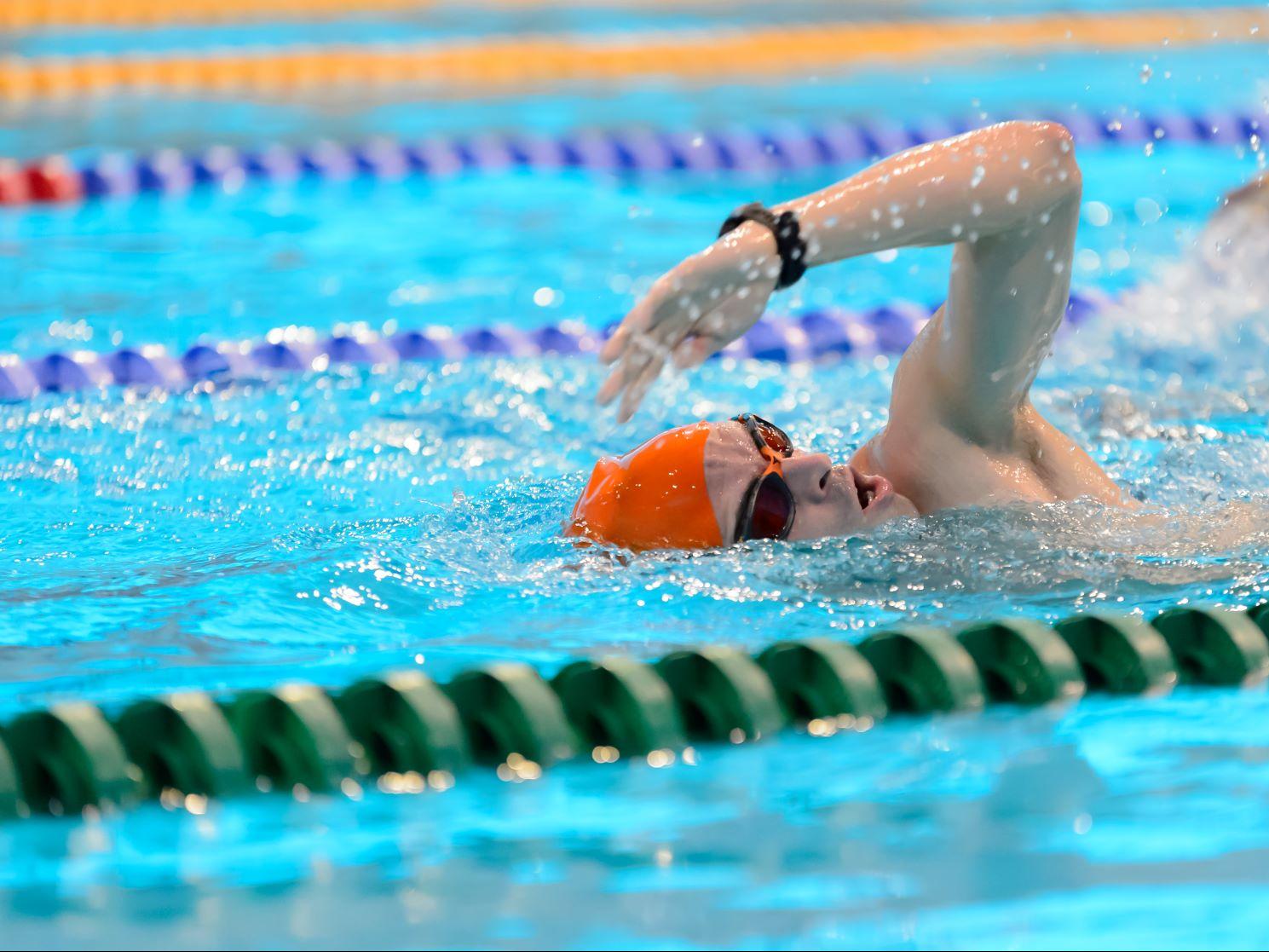Swimming pool water can inactivate the Covid-19 virus in only 30 seconds under the right conditions, reveals a study by virologists at Imperial College London.

The findings, which have not been published in a peer-reviewed journal, suggest the risk of transmission of Covid-19 in swimming pool water is incredibly low.
Swim England worked with baby swimming business Water Babies and the Royal Life Saving Society UK (RLSS UK) to commission the study and provide context and materials for the research.
The study into swimming pool water was undertaken by leading virologist and expert in respiratory viruses, professor Wendy Barclay, together with research associate Dr Jonathan Brown and research technician Maya Moshe from Imperial College London and project managed by Alex Blackwell, head of pools and facilities from Water Babies.
It looked at the effects of swimming pool water on the virus that causes Covid-19, named SARS-CoV-2, to assess the amount of time and contact needed to inactivate the virus in varying chlorine and pH levels.
The research established that 1.5mg per litre of free chlorine with a pH between 7-7.2 reduced the infectivity of the virus by more than 1000 fold within 30 seconds. Additional testing of different free chlorine and pH ranges confirmed that chlorine in swimming pool water was more effective with a lower pH – which is in line with current guidance for swimming pool operation.
The experiments were performed at Imperial Colleges high containment laboratories in London.
“By mixing the virus with swimming pool water that was delivered to us by the Water Babies team, we could show that the virus does not survive in swimming pool water: it was no longer infectious,” said Professor Barclay.
“That, coupled with the huge dilution factor of virus that might find its way into a swimming pool from an infected person, suggests the chance of contracting Covid-19 from swimming pool water is negligible.”